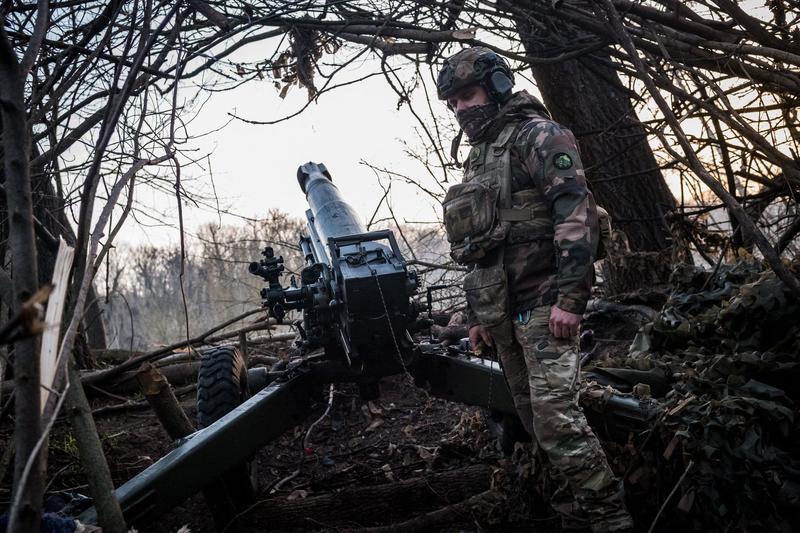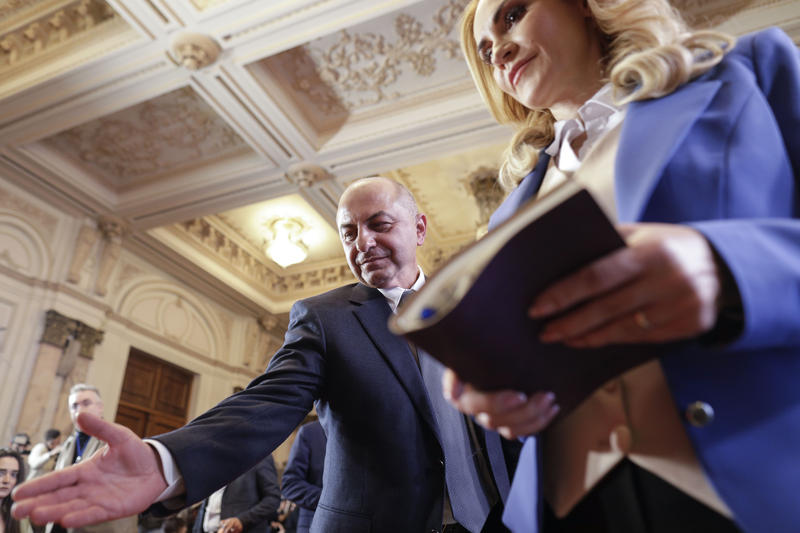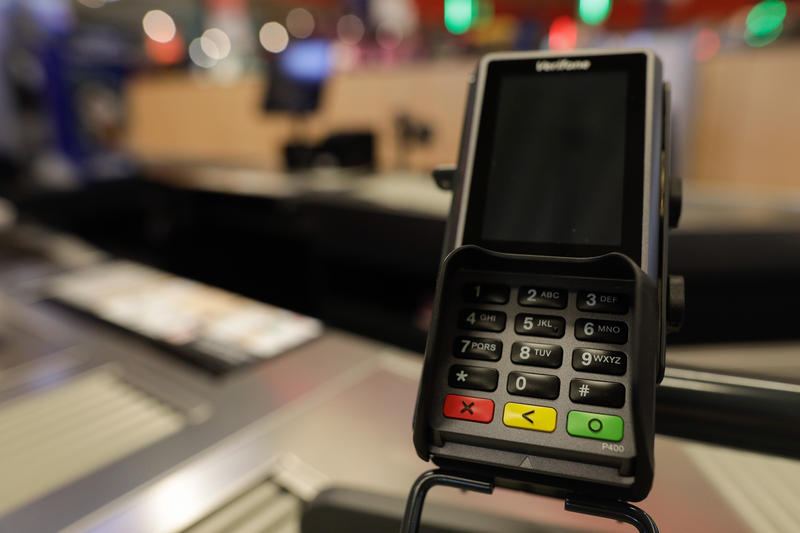The economy credit market is still in his early Romanian days. There have been threee banks, another one has announced its intentions, but in he end the Romanian market entered the new year with two major players: BCR Banca pentru Locuinte (Bank for Homes) and Raiffeisen BpL. CEC postponed a similar project, while HVB and Raiffeisen joined on the economising-crediting segment. Both banks for residences are supported by a strong Austrian bank. Additionally, the ex-Raiffeisen BpL went over to BCR BpL. In his new role, Alexandru Ciobanu, BCR BpL president spoke with HotNews.ro about the real estate market evolution, the 2010 perspectives and how the First Home project affected the BpL market.
Asked how the housing sector will evolve in 2010, Alexandru Ciobanu believes that the market is likely to see a slight increase in the second semester. He does not expect to see prices as high as before the financial crisis, but says they will come back in four-five years, when the market will reach a full come-back. He believes there are very big chances for the market to break the ice. "There have been months without any transaction. The sellers had great expectations, and buyers were relying on a constant drop in prices, so that the offer and demand did not intersect", Ciobanu said.
A very small number of clients gave up sealed contracts. He says the number is not relevant because the market is still at its beginnings and the portfolio is just being put together. Secondly, they joined the market when the news was good. And the state benefit was higher and more simplified.
According to him, the economic crisis also had a positive aspect: it pushed people to save and part of the people who manage to put some money aside became their clients.
Talking about the "First Home" programme, he labelled it as complementary. "They have a different target audience. We do not address those who want to have a house now, but those who first save to gain a cheaper financing later. The value of a contract started with 10.15.000 lei and it now got to 29,000-30,000 lei. "We're optimists. The market is in its start-up phase in Romania. In the Czech republic, Hungary and Austria it took them 9-10 years to reach maturity", Ciobanu adds.
According to him, the market sums up to a total of 250,000 contracts. This means 1%, in contrast with 50% of the market in the Czech Republic, or 60% in Austria. He hopes to reach 10% in three - four years.



















